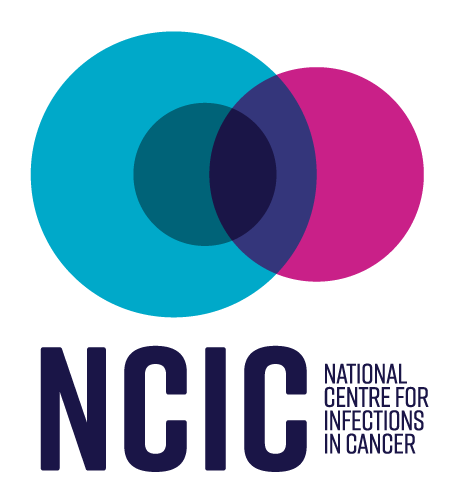Please access our old newsletters HERE
Is it safe to discontinue empirical antimicrobial therapy (EAT) for febrile neutropenia in patients with haematological malignancies once there were signs of clinical recovery?
This study aimed to determine if it was safe to discontinue empirical antimicrobial therapy (EAT) for febrile neutropenia in patients with haematological malignancies once there were signs of clinical recovery.
Adults with haematological malignancies or haemopoietic stem-cell transplantation recipients, with high-risk febrile neutropenia were split into two groups; those who had EAT withdrawn once they were without fever for 72hrs or more with signs of clinical recovery and those that had EAT withdrawn once their neutrophils had recovered (0·5 × 10⁹ cells per L or higher). The study concludes that EAT can be discontinued safely after 72 h of apyrexia and clinical recovery. The benefit of this approach would be in reducing unnecessary exposure to antimicrobials.
A new model of care for Australia
Published this month in Supportive Care Cancer, we report on the implementation of a nurse led program sending patients at low risk of medical complications from neutropenic fever following chemo, home, to be managed in an outpatient setting.
Read the full study HERE
Our results show a reduction in median length of hospital stay from 4.0 to 1.1 days and a reduction in admission cost from $8,580 to $2,360 with a net cost benefit of $71,895. Not to mention that there's "No Place Like Home".
CAR T cells and infection risk
Next gen immunotherapies, such as CAR T cells, have well and truly revolutionised cancer treatment and cure. However, in modifying the immune system (in this case- lymphodepletion with CD19- targeted CAR T cell therapy) there is a potential for altering risk of infection. In this months edition of Blood, Hill et al, retrospectively reviewed the incidence of infections following CD19 CAR T cell therapy in n=133 patients. Key findings include: a risk of infection similar to conventional chemotherapy and that modification of the treatment regimen, specifically- to reduce Cytokine Release Syndrome severity, decreased the frequency of infections.
With the explosion of next gen immunotherapies in cancer treatment we are excited to see more studies of this nature.
IFIs and Ibrutinib
While novel immunotherapies such as Immune checkpoint inhibitors and tyrosine kinase inhibitors have revolutionised cancer therapy the effect on the immunocompromised host is unclear. This recent review investigates the link between invasive fungal infection risk and new and emerging immunotherapies.
Infection in neutropenic pts: Recommendations on how to diagnose and treat
The German Society Of Hematology And Medical Oncology Have Recently Published Treatment And Diagnosis Recommendations From The Infectious Diseases Working Group.
A systematic review of the literature has led to publication of guidelines for optimal treatment of fever of unknown origin in adult neutropenic patients, complete with handy flow chart and tables.
Atovaquone use in immunocompromised host
Pneumocystis jirovecii pneumonia (PCP) is a potentially life threatening infection among immunocompromised people (eg cancer patients or those living with HIV). In order to prevent infection in these people they are given prophylactic drugs that are not always well tolerated or that many can have an allergic reaction too. This study tested an alternate prophylactic drug, atovaquone, in immunocompromised people and found variable drug levels in plasma indicating some people were better able to absorb and receive benefit from the drug than others. This study suggests more careful monitoring of drug levels in immunocompromised people taking atovaquone for prevention of PCP infection.





